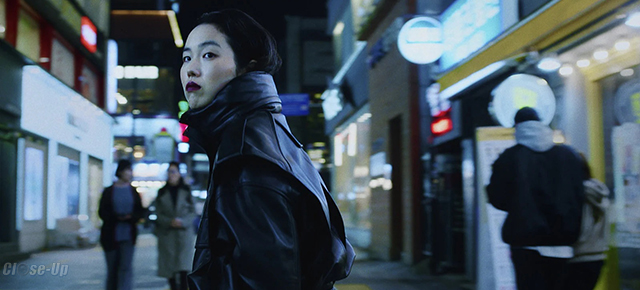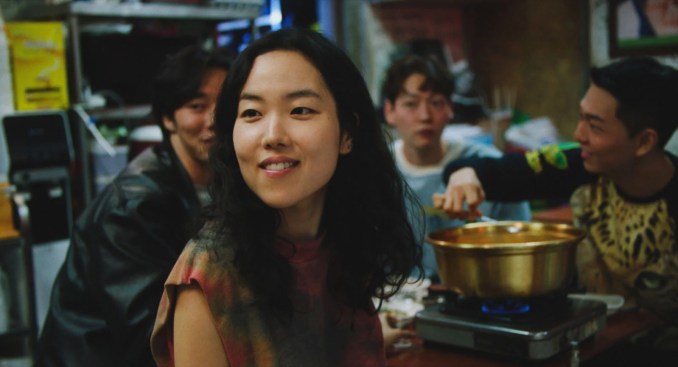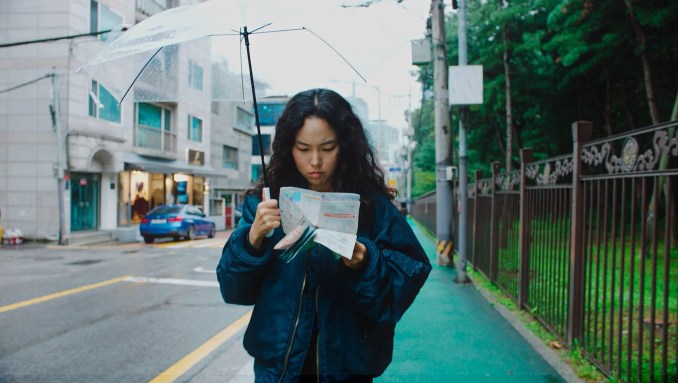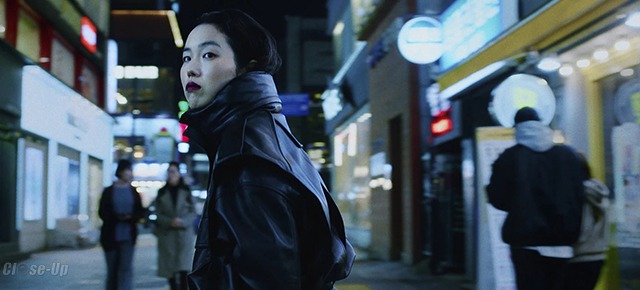
First presented at FFCP 2022, Return to Seoul finally released in the cinema. This is the second feature film by Davy Chou, presented in the official selection Un Certain regard. Now a regular at the Cannes Film Festival, the Franco-Cambodian director is tackling a much more intimate drama this time, drawing freely on the story of a friend of his, Laure Badufle. The feature film tells us the story of Freddie who, at the age of 25, decides to return to the footsteps of his origins. Korean by birth, she was adopted by a French foster family in order to escape the war in her native country. She therefore decides to explore her country of origin and to meet her biological parents. An adventure that will take her through many emotions and many pitfalls.

If the story seems moving and touching at first sight, it is quickly parasitized by a writing probably too faithful to its subject of inspiration. According to him, Davy Chou spent a lot of time writing, rewriting and refining his screenplay. Until trying as much as possible to transmit the mentality of its main character. The problem being that his character is never based on one and the same emotion. For some people, this leads to complex writing, but for others, this change in mood and emotions is perplexing. The doubt that is supposed to instill the search for biological parents is certainly an essential part of what the director wants to tell. However, being confronted for so long with a very changeable mood, we end up losing our attachment to Freddie.
Besides, it’s not just Freddie who ends up annoying us. Almost all the characters in Return to Seoul end up exacerbating us. Relying on hesitation, the doubts that this brings and the loss of our bearings is quite essential to preserve the nature of his remarks. But the more the story progresses, the more this hesitation turns into a simple lack of respect. It is as difficult to deal with a subject of which we have no reference as to welcome it. Understanding and feeling what a person can experience at the idea of never having known their biological parents and going in search of them is something more complicated if one has not experienced it. In this sense, the lack of flexibility of writing harms the sincerity of the characters. We simply have the feeling of dealing with protagonists who think only of themselves or who never try to understand others.

Not creating the illusion of an overly enchanting situation was one of the director’s main wishes. The idea is therefore not to have a happy ending but rather to show that in real life, this kind of meeting or family reunification does not necessarily take place in happiness and joy. On the contrary, this quest for our origins sometimes brings more questions than answers. If the nature of the project is important, his writing is unfortunately too incisive. Freddie appears to us at the beginning of the joyful story, full of energy and crunching life to the fullest. The image deteriorates quite quickly once she begins to get used to her pace of life in Seoul. Gradually, she becomes cold and unsympathetic, unfit for compassion or remorse. His radical change of character is accompanied by different characters who also have their evolution. Gradually, everyone sinks into this overprotective family hypocrisy. Under cover of wanting the best for others, the characters only act in their own interest. Her friend Tena (played by Guka Han) points it out to her. She becomes wicked and her search then goes beyond the framework of a simple personal and spiritual quest. She vacillates between this need to exult her pain and the desire to see others suffer as much as she suffers. A destabilizing image at first sight when one tries above all to understand the extent of the problems and the sorrows of each one.

In summary, Return to Seoul is an interesting film to explore in its structure and ambition. But his writing lacks lightness. The scenario is too strict to really succeed in maintaining this distance between the story and its medium. By wanting perhaps too much to resemble the character from which the story is drawn, we lose empathy and attachment. Instead of being pained by Freddie or wanting to support her, we simply say to ourselves as she deserves her fate. Despite everything, the intention is noble and comes close to the work of Kore-eda. This film will surely provide answers to those who seek them.

